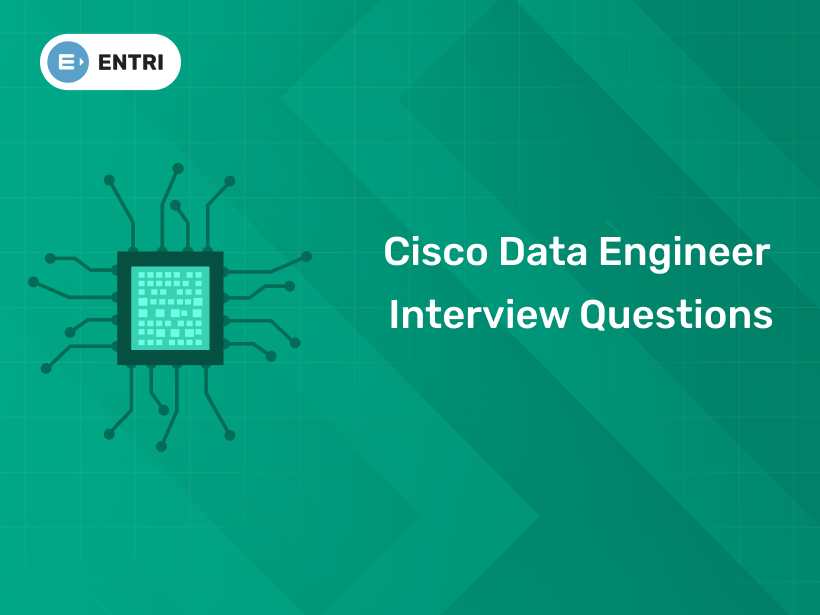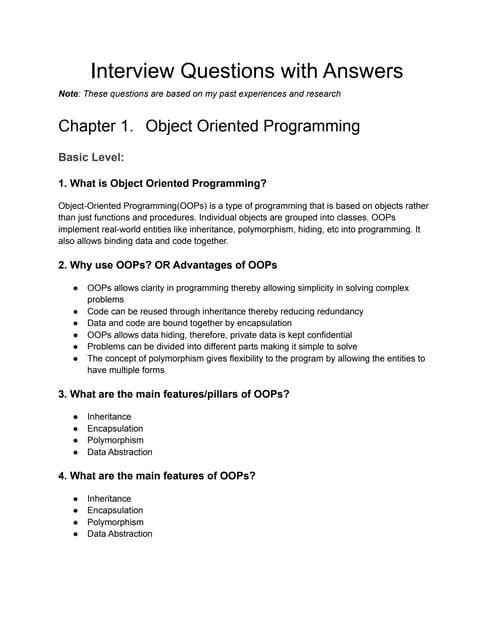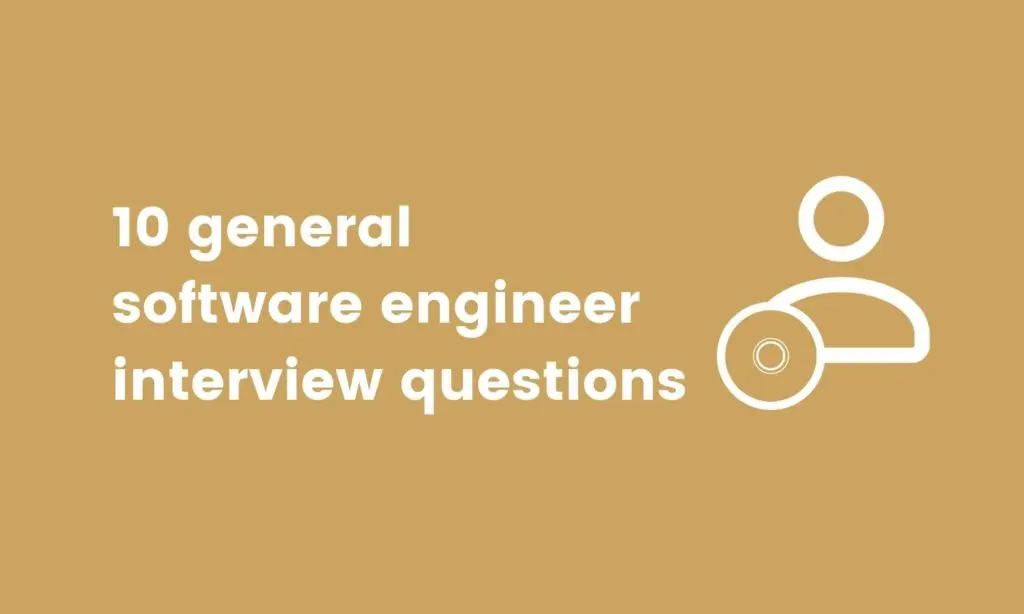Cisco Software Engineer Interview Questions

Landing a software engineer position at Cisco Systems, a global leader in networking and cybersecurity, is a dream for many. But the path to that dream is paved with rigorous interviews designed to assess not only technical prowess but also problem-solving skills and cultural fit.
This article delves into the intricate world of Cisco's software engineer interview process, dissecting the types of questions candidates can expect, the skills interviewers prioritize, and strategies for acing the interview and securing a coveted role. We'll explore insights gathered from employee testimonials, industry reports, and expert opinions to provide a comprehensive guide for aspiring Cisco engineers.
The Cisco Interview Process: A Multi-Stage Evaluation
The interview process at Cisco typically involves multiple stages, starting with an initial screening by a recruiter. This is often followed by a technical phone screen, then one or more rounds of virtual or in-person interviews.
These interviews frequently include coding challenges, system design discussions, and behavioral questions, designed to evaluate different aspects of the candidate's skillset.
Technical Proficiency: Coding and Algorithms
A significant portion of the interviews focuses on core programming skills. Candidates can expect questions on data structures, algorithms, and object-oriented programming (OOP) principles.
Common topics include linked lists, trees, graphs, sorting algorithms, and dynamic programming. Interviewers often use platforms like HackerRank or Codility to assess coding abilities in real-time.
"Be prepared to write clean, efficient, and well-documented code," advises a former Cisco software engineer on Glassdoor. "They really care about your understanding of fundamental concepts."
Beyond syntax, demonstrating the ability to analyze time and space complexity is critical. Understanding Big O notation is essential for optimizing solutions.
System Design: Building Scalable Solutions
For more experienced roles, system design questions become a central focus. These questions assess the candidate's ability to design scalable, reliable, and maintainable systems.
Candidates may be asked to design a URL shortener, a recommendation system, or a distributed cache. The interviewer seeks to understand the candidate's understanding of architectural patterns, trade-offs, and scalability considerations.
Consider aspects like database selection, load balancing, and fault tolerance. Understanding of microservices architecture and cloud computing concepts is highly valued.
Behavioral Assessment: Teamwork and Problem Solving
Cisco places a strong emphasis on teamwork and collaboration. Behavioral questions are used to evaluate how candidates handle challenging situations, work in teams, and learn from failures.
Prepare to answer questions about your greatest accomplishment, a time you failed, and how you handle conflicts. The STAR method (Situation, Task, Action, Result) is a useful framework for structuring your responses.
Interviewers look for candidates who are adaptable, resourceful, and possess strong communication skills. Being able to articulate your thought process and listen to feedback is crucial.
Specific Question Examples and Preparation Strategies
While the exact questions vary depending on the role and team, some common themes emerge. For coding questions, practice common algorithms and data structures on platforms like LeetCode.
For system design, familiarize yourself with common design patterns and architectural principles. Resources like "Designing Data-Intensive Applications" by Martin Kleppmann can be invaluable.
For behavioral questions, reflect on your past experiences and prepare compelling stories that demonstrate your skills and values. Practice answering common behavioral questions out loud to refine your delivery.
Examples of questions often asked:
- Describe a time you had to debug a complex system.
- Explain the difference between TCP and UDP.
- Design a system for tracking network outages.
- Walk me through a time you disagreed with a colleague and how you resolved it.
The Importance of Cultural Fit at Cisco
Beyond technical skills, Cisco emphasizes cultural fit. The company values innovation, collaboration, and a commitment to customer success.
Demonstrating a passion for technology and a desire to learn is essential. Showing initiative and a proactive approach to problem-solving will resonate positively.
Research Cisco's values and culture beforehand to align your responses accordingly. Show genuine enthusiasm for the company and its mission.
Looking Ahead: The Future of Cisco Interviews
As technology evolves, so too will Cisco's interview process. With the growing importance of artificial intelligence and machine learning, expect to see more questions related to these areas.
Candidates should stay up-to-date with the latest industry trends and technologies. Demonstrating a willingness to learn and adapt is crucial for long-term success at Cisco.
Ultimately, success in a Cisco software engineer interview hinges on a combination of technical proficiency, problem-solving skills, and cultural fit. By preparing thoroughly and demonstrating a genuine passion for technology, aspiring engineers can increase their chances of landing their dream job at Cisco.


















